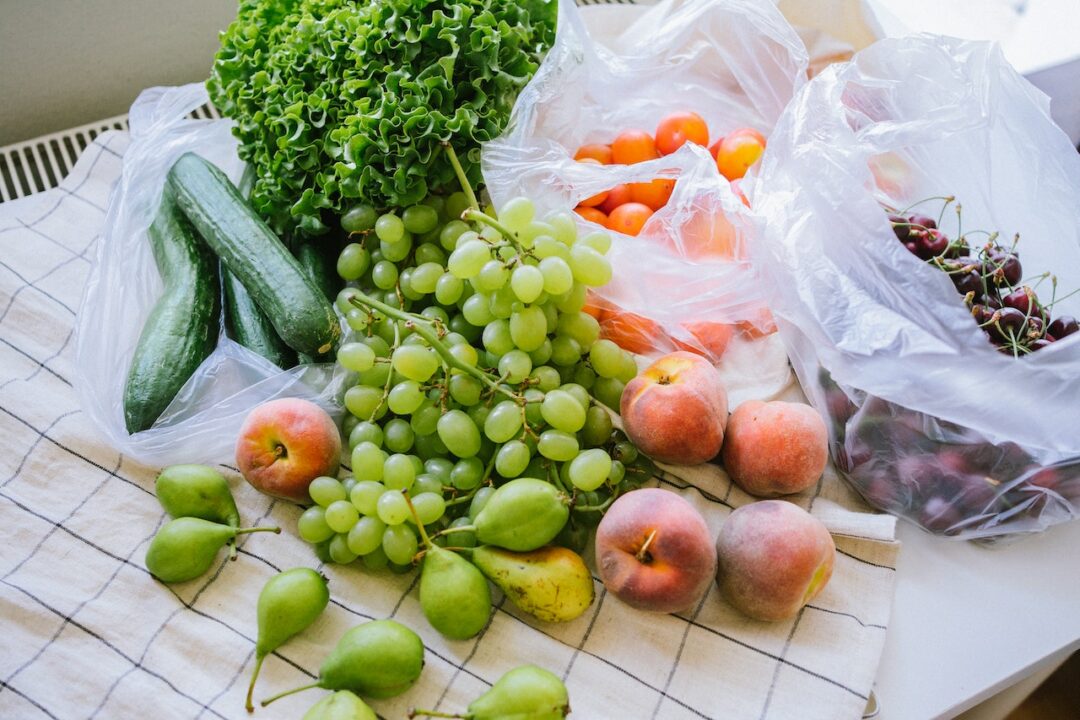This post was originally published on WBCSD
Modern food systems contribute to about a third of total GHG emissions and require large amounts of water, energy and land, thus leading to biodiversity loss. Moreover, the system is characterized by inequitable access to food and resources as well as an increased vulnerability to shocks.
The widespread adoption of regenerative agriculture as a solution to regenerate landscapes has a critical role in shifting to global food systems that meet the needs of present and future generations without depleting nature. Regenerative landscapes prioritize the restoration and enhancement of ecosystem functions and support farmers’ empowerment and livelihoods.
Regenerative agriculture involves practices such as cover cropping, crop rotation, no tillage, reduced use of chemicals and holistic grazing with the aim to improve soil fertility, water retention, biodiversity enhancement, carbon sequestration and to foster more resilient agricultural systems.

